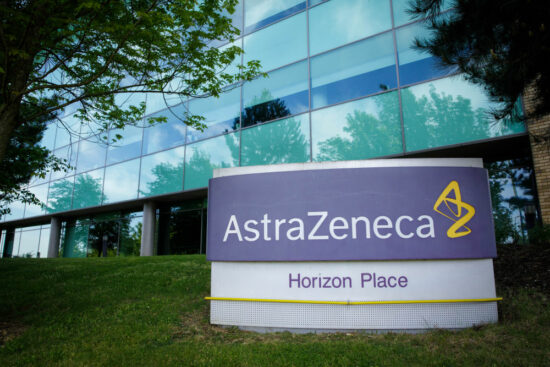Since many countries have approved the application of a variety of coronavirus vaccines, and the optimal immune response of the vaccine can only be achieved after receiving two doses of injections, the medical community and the public urgently need to know the immune effect of the different vaccines that have been approved. Britain announced on the 4th that it would recruit volunteers and launch a mixed vaccination trial from that day. This is the first country in the world to start this experiment.
The trial will be carried out in eight medical centers in England to assess the immune response of subjects after one dose of Pfizer vaccine and one dose of AstraZeneca vaccine, respectively. Starting on the 4th, the UK recruited more than 800 volunteers over the age of 50 to participate in the program through the Vaccine Research Registry within two to three weeks.
Professor Matthew Snape, a senior member of the research team, a vaccinologist at Oxford University and one of the members of the Oxford coronavirus vaccine research and development team, said that the mixed vaccination trial will start this month and gradually achieve results, and preliminary conclusions on immune levels are expected from June to July. It is hoped that the results of the test will be The next few months will provide guidance for the second dose of vaccination launched by the public.
In the trial, both vaccines may be used to vaccinate volunteers the first and second doses, and the interval between injections may be 4 or 12 weeks to observe the possible immune response.
At present, the vaccine technology used by Pfizer vaccine and AstraZeneca vaccine is not the same, and there is no conclusion on the immune effect of the combination of the two vaccines. Therefore, the Public Health Agency of England does not recommend the combination of the two vaccines under the current situation.
The researchers said that other vaccines will also be added to the trial after approval and promotion. If the trial confirms that these vaccines can be used interchangeably on the same schedule, it will reduce the problems faced by logistics supply and greatly increase the flexibility of vaccine delivery.



